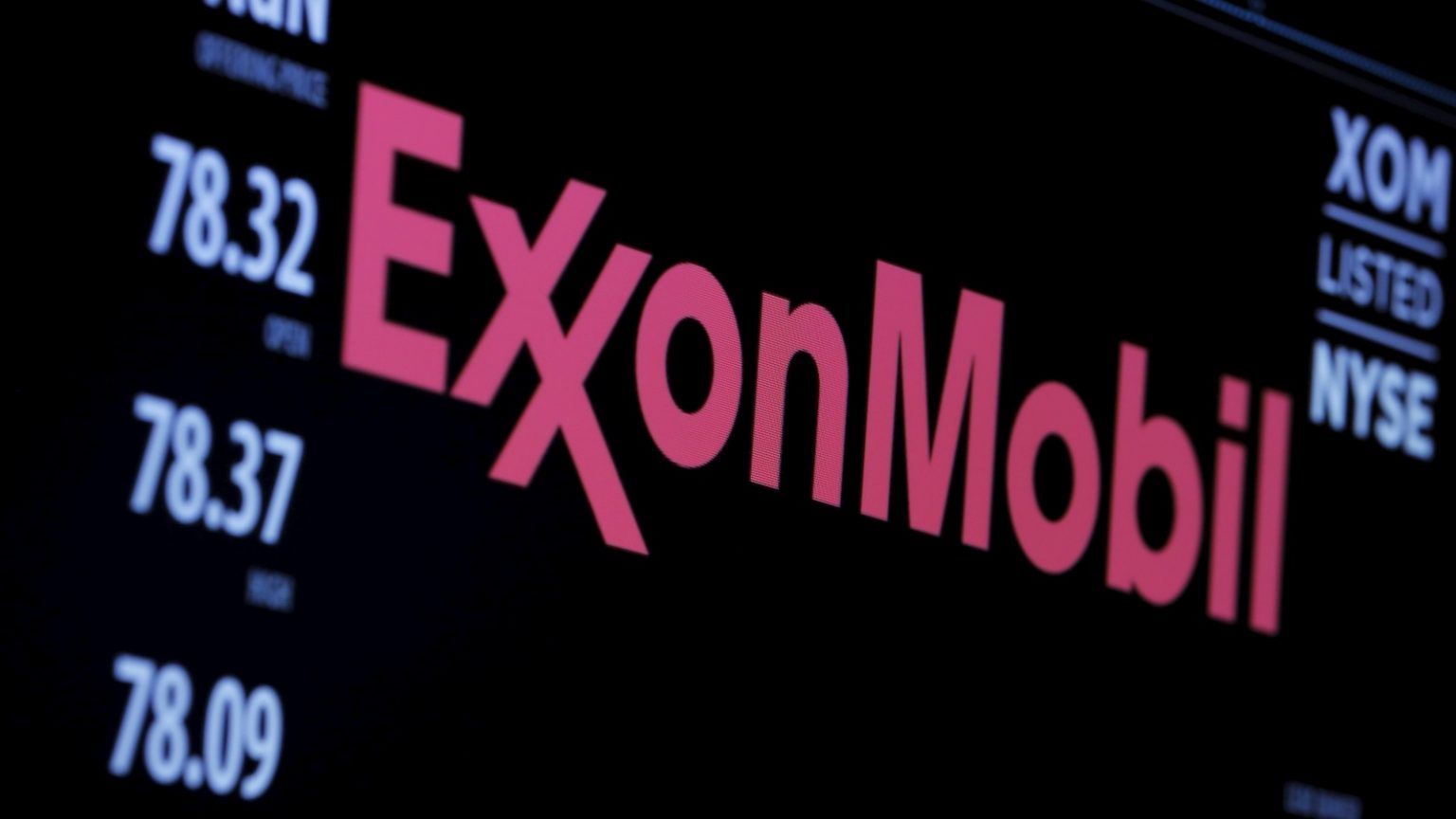Iraq is considering buying ExxonMobil’s stake in one of the largest crude oil fields in the world, expecting oil prices to remain at around $65 a barrel in the coming months.
Petroleum Minister Ihssan Abdul-Jabbar said that OPEC+ would continue to try to keep crude oil prices “within the natural averages”.
He added that there is no concern about any drop in prices.
Comments suggest that OPEC+ remains optimistic about the outlook for energy demand, despite the high incidence of Coronavirus in India, the third largest oil importer.
The group began unprecedented cuts in supply last year to support prices with the spread of the pandemic, and plans to ease these restrictions by about two million barrels per day until July.
ExxonMobil’s stake
The minister revealed that Baghdad may end up buying ExxonMobil’s 32.7% stake in the West Qurna 1 field in southern Iraq.
He added that in this case, the Iraqi government will likely buy the stake through the state Basra Oil Company.
The US company plans to sell the stake in the prominent field – which has recoverable reserves of more than 20 billion barrels – in part to reduce the mountain of debt that has built up last year.
ExxonMobil became a lead contractor in 2010, but contractual terms were strict, delayed payments, production cuts by OPEC, and the political instability in the country have reduced its appeal in recent years.
Abdul-Jabbar said that Iraq plans to spend $3 billion in the next five years to boost Basra Gas Company’s natural gas production by about 40% of 950 million standard cubic feet per day.
He also clarified that the separate project to develop the Mansouriya gas field with the Chinese “Sinopec” will most likely cost $2.1 billion.
The Iraqi economy
The Iraqi economy depends entirely on the oil sector, where 95% of Iraq’s total income is from hard currency.
The first Gulf War cost an estimated $100 billion in losses and Iraq was heavily indebted after the war ended.
The economic factors had the largest role in Iraq fought the second Gulf War, two years after the end of the first Gulf War, and the second war increased Iraq’s economic problems.
During the embargo period, Iraq also relied heavily on an oil-for-food program.























































